
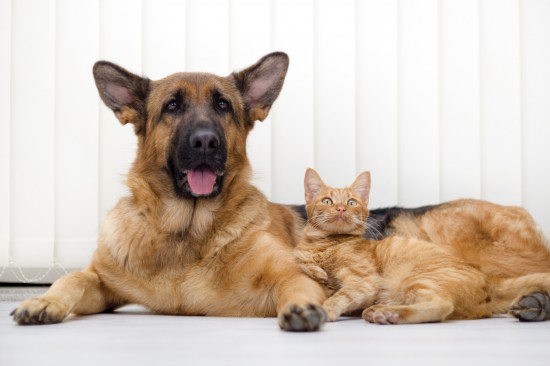
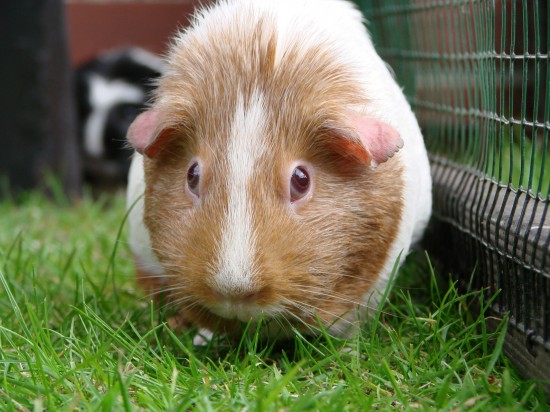 How To Treat Ringworms In Guinea Pigs
How To Treat Ring
How To Treat Ringworms In Guinea Pigs
How To Treat Ring
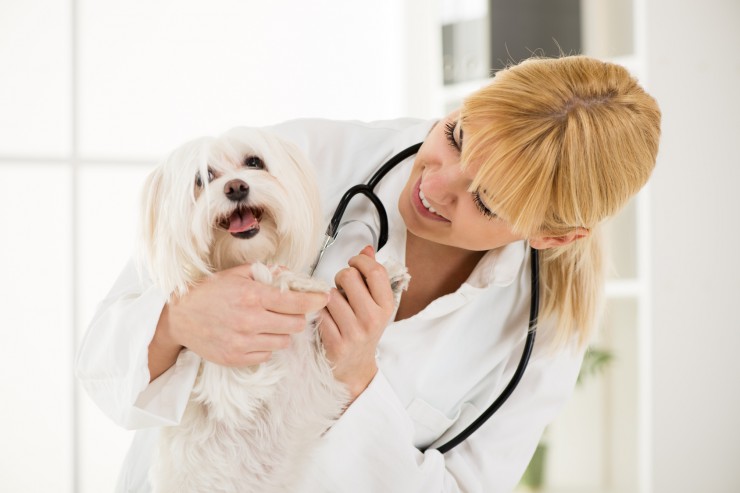 The Importance Of Annual Health Checks For Your Dog
The Importance Of
The Importance Of Annual Health Checks For Your Dog
The Importance Of
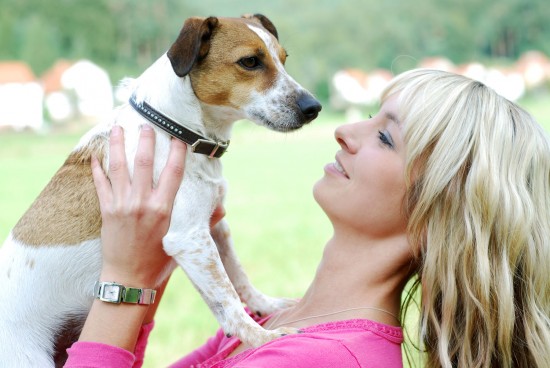 Do You Think Of Your Dog As One Of Your Children?
Do You Think Of Y
Do You Think Of Your Dog As One Of Your Children?
Do You Think Of Y
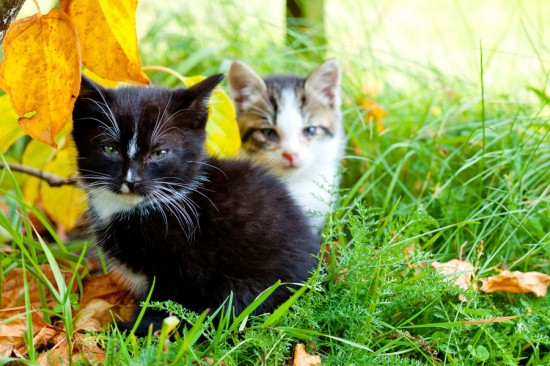 What To Do If You Find A Stray Kitten
What To Do If You
What To Do If You Find A Stray Kitten
What To Do If You
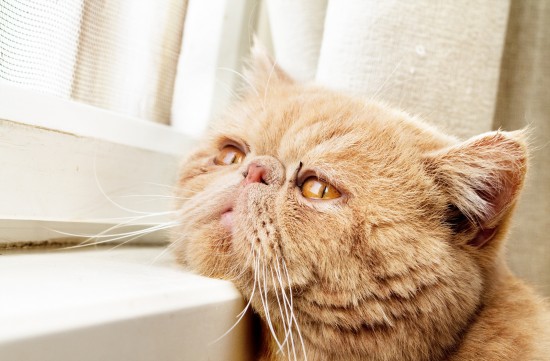 10 Top Reasons For Adopting A Cat
10 Top Reasons Fo
10 Top Reasons For Adopting A Cat
10 Top Reasons Fo
Copyright © 2005-2016 Pet Information All Rights Reserved
Contact us: www162date@outlook.com